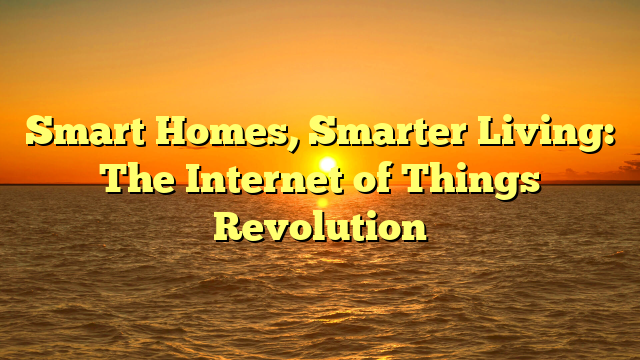The concept of a smart home has shifted from luxury to mainstream in just a few years. Thanks to the Internet of Things (IoT), ordinary households are becoming connected ecosystems where appliances, lighting, security, and indo168 entertainment systems all communicate seamlessly.
At the heart of this revolution are devices like smart speakers, which act as central hubs for voice-activated commands. With a simple request, homeowners can adjust thermostats, turn off lights, or order groceries. Convenience has become a major selling point, but the impact of IoT extends much further.
Smart homes also enhance energy efficiency. Intelligent thermostats learn user preferences and adjust heating or cooling accordingly, reducing waste. Connected appliances can run during off-peak hours, saving money and easing pressure on power grids. As energy costs rise and climate concerns grow, these innovations carry real economic and environmental value.
Security is another major driver. Smart cameras, locks, and sensors give homeowners real-time monitoring and alerts. Remote access allows people to check in from anywhere in the world, bringing peace of mind. For some, this level of control turns a house into a digital fortress.
Yet the IoT revolution comes with privacy risks. Each connected device collects data—sometimes more than users realize. Concerns over hacking, surveillance, and misuse of personal information remain barriers to widespread adoption. Experts argue that manufacturers must prioritize security by design, not as an afterthought.
Despite challenges, IoT continues to grow rapidly. Future smart homes may feature fully automated kitchens where AI plans meals, orders ingredients, and controls cooking appliances. Elderly care could be transformed through monitoring systems that track health indicators and alert caregivers to potential problems.
The smart home is more than just a collection of gadgets—it represents a shift toward integrated living, where technology quietly works in the background to make life safer, more efficient, and more personalized. As the IoT expands, our homes may become the most intelligent spaces we occupy.
